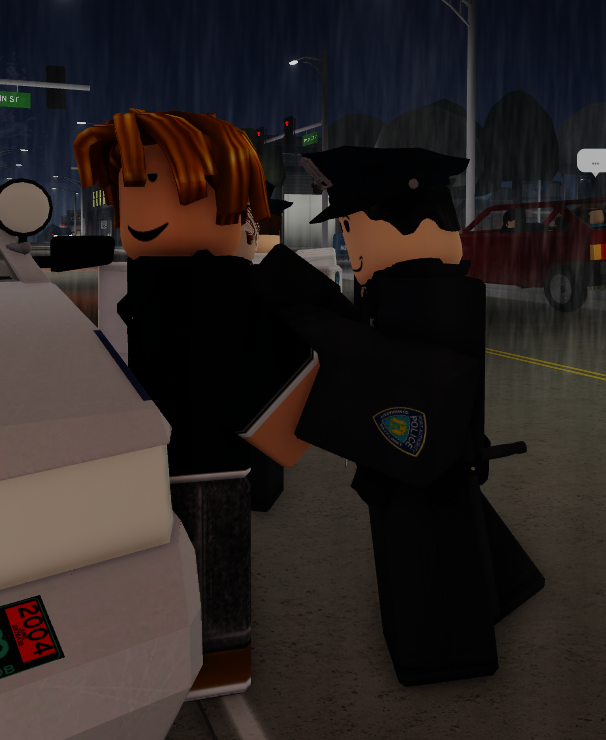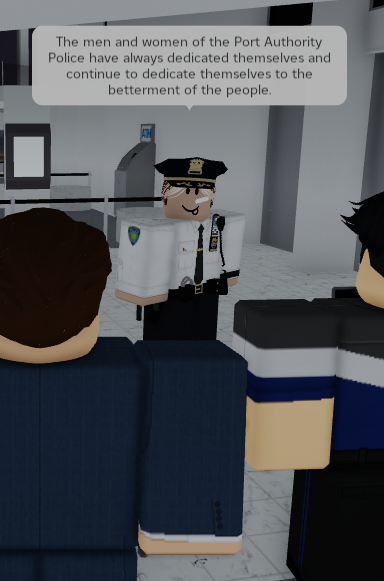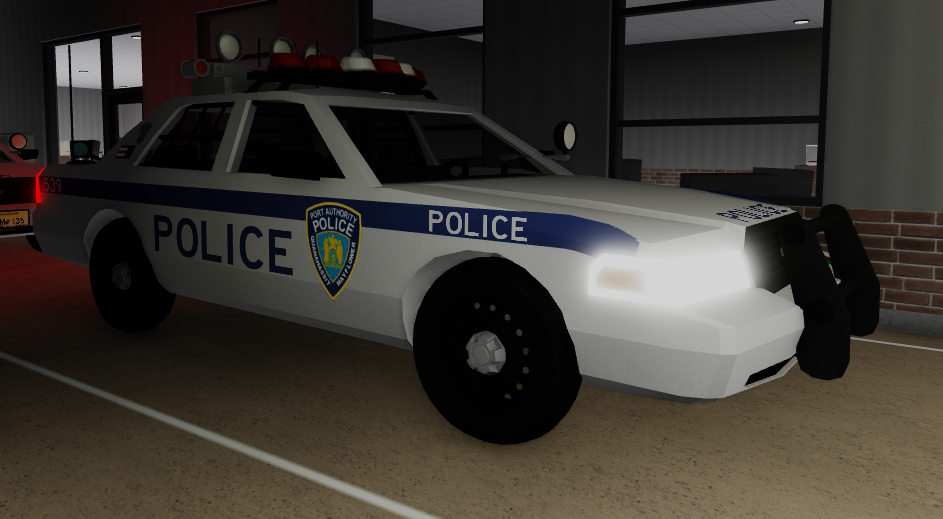Since the beginning of its very existence, the Port Authority Police Department, subsidiary of the Port Authority of Mayflower & Quanahassit, has been under fire by critics, often questioning the agency’s purpose and calling for its dissolvement. People have often slated the department on its activity, its true jurisdiction, and its budget, even in the state senate. Multiple bills have been proposed to suppress the PAPD’s jurisdiction, and the PA’s control over key transit infrastructure in the state.

However, a recent press event involving both us here at the Mayflower Public Broadcasting Service, and our colleagues over at M-SPAN, has given some useful insight into the department’s operations. The event, hosted by Commissioner nxico_m and officers of the PAPD, took us on a patrol throughout many of the Port Authority’s key sites, namely Mersea Bridge in Clark County, Lander Bridge, and the International Commerce Center in downtown Lander. We were given an opportunity to see the PAPD fleet, members of its numerous divisions, and the true prestige of the department, including numerous successful pursuits and arrests.
PAPD personnel were welcoming and fun to be with, answering all of our questions and helping us with anything we needed.
In an interview with nxico_m at the end of the event, we were able to ask many questions relating to the operations of the PAPD. nxico_m talked us through the statistics of the PAPD’s exemplary seizures, and compared it to other law enforcement within the state, namely the Clark County Sheriff’s Office and the Mayflower State Police.
Additionally, this interview provided an ideal opportunity for PAPD to address the security issues at the United Nations Gala event on December 23rd 2001, highlighting how blame had been shifted to the PAPD, how national guardsmen had attempted to annex the ICC, and how event organizers had kicked a majority of Lander City Police Department personnel without good reason, and left the PAPD, who were short staffed at that point, to manage the entire security of the vulnerable event.
PAPD even made us privy to the incident of Mayflower National Guard Special Forces personnel opening fire onto civilians and diplomats at the event, and how Military command had covered up the soldier’s wrongdoings, inadequately disciplined him, and ignored evidence and testimony from Civilian Law Enforcement personnel.
In all, PAPD were able to give us some useful insight into their operations, and showing easily how their work was vital to the state’s security. Critics may want to reconsider before their next attack on the PAPD’s existence.



